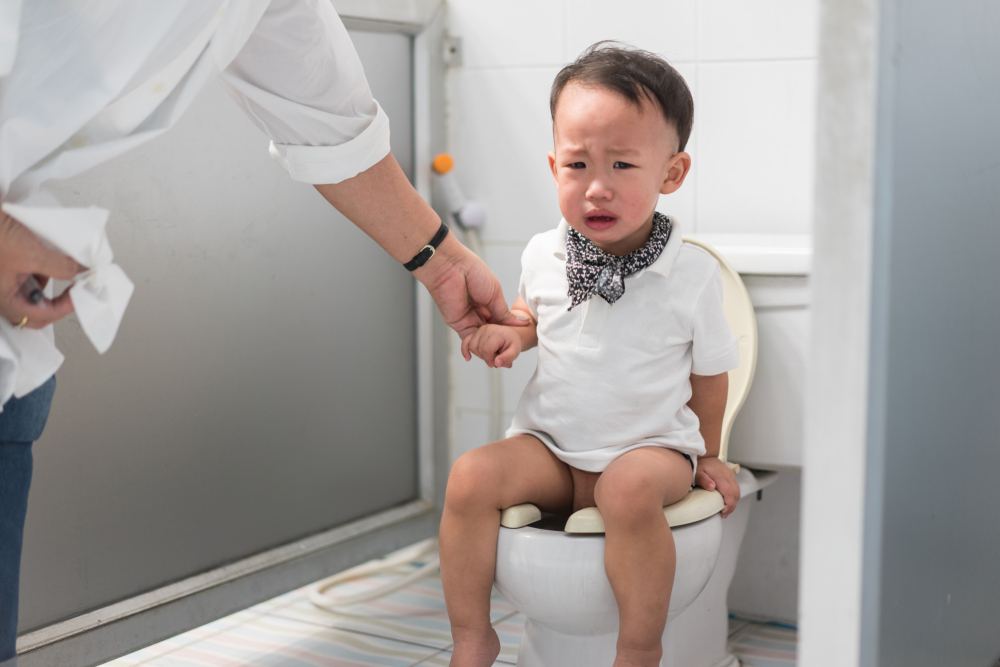Comprehensive Guide to Managing and Understanding Constipation
This comprehensive guide details constipation, including symptoms, causes, types, and treatment options. It emphasizes lifestyle changes, dietary adjustments, and medical interventions to manage this common digestive issue effectively. Understanding underlying conditions and consulting healthcare professionals are crucial for severe or persistent cases. The article also discusses preventive tips for children and the importance of avoiding dependency on laxatives, highlighting when to seek medical help for better digestive health.

Comprehensive Guide to Managing and Understanding Constipation
Constipation occurs when the movement of digested food slows down within the digestive tract, most commonly in the colon. It’s a common condition that affects about 42 million Americans, equating to roughly 15% of the population, according to the National Institute of Diabetes and Digestive and Kidney Diseases. While not a disease itself, it signals underlying gastrointestinal issues and often presents as infrequent or difficult bowel movements, especially when fewer than three times per week.
As people age, bowel habits tend to change. Constipation can result in hardened stools that are painful to pass. Symptoms include lower abdominal discomfort, incomplete bowel evacuation, straining, bloating, small hard stools, psychological distress, and, at times, diarrhea. Persistent constipation can lead to complications like hemorrhoids, anal fissures, fecal impaction, and rectal prolapse.
If you experience symptoms such as abdominal unease, incomplete evacuation, or drastic changes in bowel habits, consult a healthcare professional. Treatment options include medications, enemas, suppositories, fiber-rich diets, or surgery in severe cases. Herbal remedies like senna, which stimulates bowel activity, can be effective but should be used under medical supervision.
There are two main types of constipation: acute and chronic. Acute constipation requires immediate medical attention, as it might indicate serious underlying conditions and can last for months or even years. Chronic constipation often resolves with lifestyle changes, but if accompanied by symptoms like bleeding or vomiting, prompt medical care is necessary.
To alleviate constipation, consider increasing water intake, consuming fruits and vegetables, including prunes in your diet, engaging in regular gentle exercise, and not delaying bathroom visits. Probiotics and magnesium supplements can also assist those with chronic issues, especially for individuals with irritable bowel syndrome (IBS). A low-FODMAP diet helps reduce symptoms in IBS patients.
Seek medical advice if experiencing severe pain, inability to pass stools, blood in stool, or sudden weight loss. Underlying causes include conditions like hypothyroidism, diabetes, IBS, anxiety, pregnancy, bowel obstructions, and neurological disorders. Certain medications such as antacids, antidepressants, iron supplements, and painkillers can induce constipation. Excessive reliance on laxatives might worsen the condition by making the bowel less responsive.
Infants and children may also suffer from constipation, often due to poor diet, dehydration, or toilet training habits. Educating children about healthy toilet routines is essential to prevent long-term issues.










